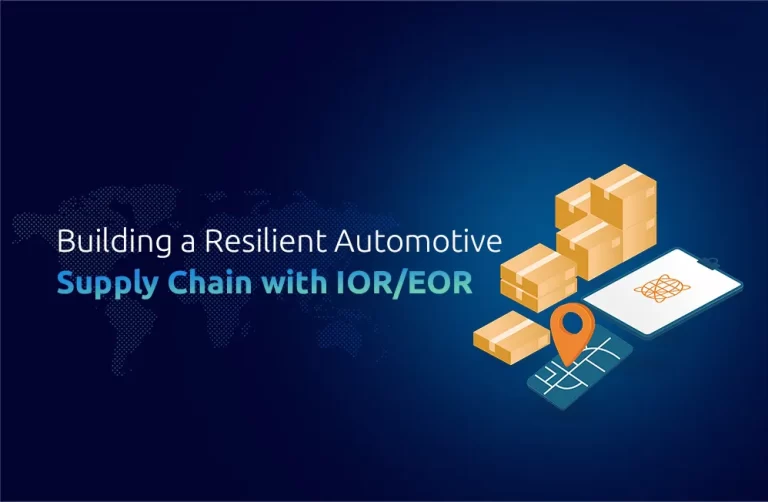Types of Warehousing Services in Fiji
Public Warehousing – Flexible space for small to medium organizations without long-term contracts. Private Warehousing – Custom-built facilities for big businesses looking for dedicated storage and supplier relationship management. Bonded warehousing is used to keep imported goods before customs clearance. Perfect for working companies using HTS harmonized tariff systems. Cold Storage is necessary for the medical and Tech industries, mostly for destructive goods. Fulfillment Centers – Growing due to the rise of digitization in Fiji and surrounding islands.
Advantages of Warehousing Services in Fiji
Strategic Location of Fiji’s central position makes it a natural logistics hub for Pacific Island nations. Cost Efficiency, competitive costs of storage compared to big markets. Access to Trade Agreements using the harmonized system code and local trade deals improves duty handling. Improved Logistics – Well-connected road, air, and sea networks increase SCM supply chain management. Technology Adoption – Many providers are upgrading to digital inventory control, automated guided vehicle (AGV) systems, and IoT solutions for smarter operations. Businesses searching for “warehousing near me” in the region will find Fiji an attractive base due to these advantages and the increasing support from global freight networks.
Industry-Specific Insights
IT Industry in Fiji
Fiji’s IT sector is growing fast, supported by improved digital infrastructure and official incentives. Warehousing for IT hardware requires secure, climate-controlled environments. With One Union Solutions providing zero-end-user involvement deliveries, organizations can effectively handle bulk imports while focusing on growth.
Aviation Industry in Fiji
Nadi Airport plays an important role in aviation devices and their logistics. Aircraft parts and aviation electronics require special storage that meets global safety guidelines. Warehousing providers are aligning with global logistics protocols to meet these requirements.
Medical Industry in Fiji
The demand for healthcare goods has increased after the pandemic, and cold chain warehousing is necessary. Customs brokers and warehouse providers work together to confirm smooth HS Code classification and quick clearance of sensitive goods.
Automotive Industry in Fiji
Vehicle parts, lubricants, and diagnostic equipment are regularly imported. Fiji’s warehouses provide secure, categorized storage supported by supply chain automation, confirming effective stock rotation and dispatch.
Conclusion
As Fiji continues to strengthen its position as a logistics and trade hub in the Pacific, warehousing services in the country give huge value to global businesses. From flexible storage solutions to industry-specific capabilities for IT, aviation, medical, and automotive sectors, Fiji’s warehousing infrastructure is developing to meet modern supply chain demands. Backed by trade-friendly guidelines, skilled logistics providers, and dependable customs clearance supported by accurate HS Codes and HTS Harmonized Tariffs, businesses can guide local distribution with confidence.
Partnering with a global expert such as One Union Solutions confirms that organizations not only gain access to local expertise but also benefit from complete, end-to-end supply chain management, allowing them to grow in the Pacific region while staying compliant with global trade regulations and incoterms.
DID YOU KNOW?
Fiji Airport currently owns the largest electric vehicle fleet in the region after the recent acquisition of nine vehicles to add to its 13 EV fleet for this year.








